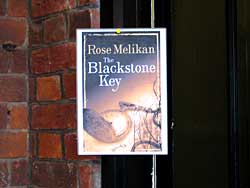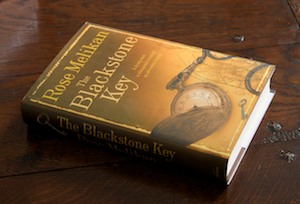I thought this kind of stuff only happened in the UK..
The [U.S.] bureau [of the Census] contracted with Harris Corp. in 2006 to pay more about $600 million for a system that included 500,000 handheld devices to be given to census takers in 2010 to gather information from the millions of people who don’t return their mailed forms. The devices were intended to verify all residential addresses in the nation using GPS, collect and transmit the data from the uncounted, and manage the workflow in the field. Unfortunately, in a scenario familiar to most valley engineers, there was a disconnect between contractor and client over the specs. In a test last year in North Carolina, the computer’s interface ended up leaving workers baffled and confused, and initially the units couldn’t transmit the large amounts of data required. At one point, said Commerce Secretary Carlos Gutierrez, the government had some 400 new or clarified technical requirements on its feedback list for Harris. The costs kept climbing, helped along by gross miscalculations. Initially the bureau and Harris agreed that $36 million would cover a help desk for field workers using the handhelds; on further reflection, that figure is now up to $217 million. At a March hearing, Rep. Carolyn Maloney, D-N.Y., said, “What we’re facing is a statistical Katrina on the part of the administration.”
Yesterday came the final blow. Gutierrez told Congress that the whole computer initiative has been called off for the coming census and that the bureau would hire 600,000 temporary workers to do the job with pencil and paper. The expensive handhelds will be used for address verification, but that’s all. She blamed the problem on “a lack of effective communication with one of our key contractors,” while Harris cited the bureau’s ever-shifting specifications. Bottom line, the government will still buy 151,000 of the computers and associated service from Harris, but now the cost has risen to $1.3 billion. That and the related changes will push the cost of the census from what was already a record $11 billion to more than $14 billion. And the census count — with billions in government spending dependent on its accuracy — will still be conducted in crude manual fashion.


